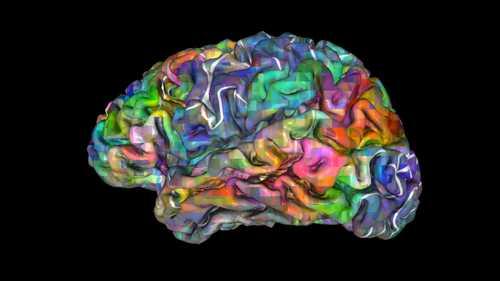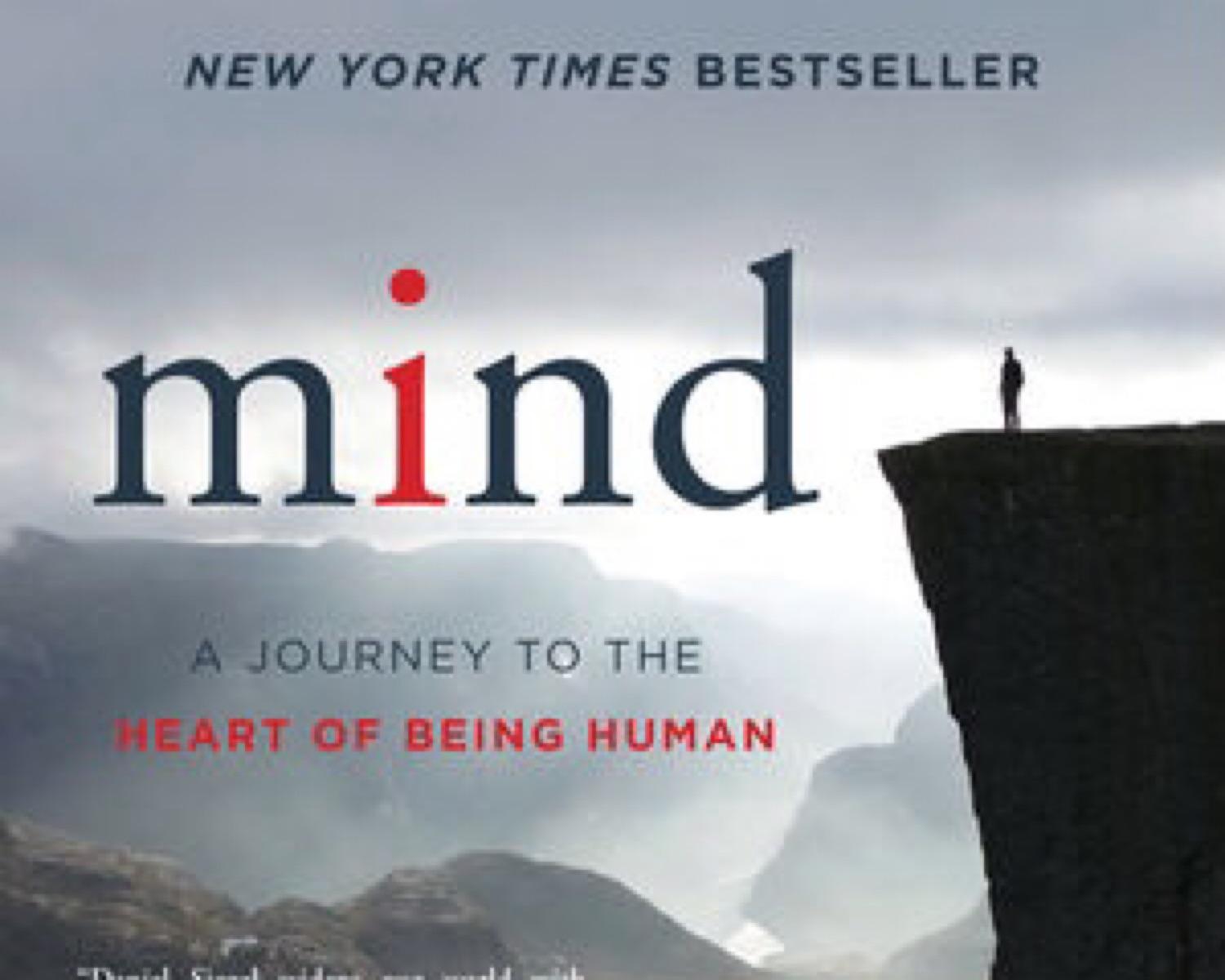Scientists Say Our “Mind” Isn’t Confined To Our Brain, Or Even Our Body
Curated from: qz.com
Ideas, facts & insights covering these topics:
10 ideas
·4.49K reads
69
1
Explore the World's Best Ideas
Join today and uncover 100+ curated journeys from 50+ topics. Unlock access to our mobile app with extensive features.
What, Exactly, Is The Mind, And Where, Precisely, Is It?
What is a mind? Defining the concept is a surprisingly slippery task. The mind is the seat of consciousness, the essence of your being. Without a mind, you cannot be considered meaningfully alive. So what exactly, and where precisely, is it?
Traditionally, scientists have tried to define the mind as the product of brain activity: The brain is the physical substance, and the mind is the conscious product of those firing neurons, according to the classic argument. But growing evidence shows that the mind goes far beyond the physical workings of your brain.
145
873 reads
The Mind: A Definition
No doubt, the brain plays an incredibly important role. But our mind cannot be confined to what’s inside our skull, or even our body, according to a definition first put forward by Dan Siegel, a professor of psychiatry at UCLA School of Medicine and the author of the 2016 book, Mind: A Journey to the Heart of Being Human.
143
599 reads
An Interesting Definition With Meaningful Implications
Siegel first came up with the definition more than two decades ago, at a meeting of 40 scientists across disciplines, including neuroscientists, physicists, sociologists, and anthropologists. The aim was to come to an understanding of the mind that would appeal to common ground and satisfy those wrestling with the question across these fields.
After much discussion, they decided that a key component of the mind is: “the emergent self-organizing process, both embodied and relational, that regulates energy and information flow within and among us.”
143
514 reads
Our Mind Extends Beyond Our Physical Selves
The most immediately shocking element of this definition is that our mind extends beyond our physical selves. In other words, our mind is not simply our perception of experiences, but those experiences themselves. Siegel argues that it’s impossible to completely disentangle our subjective view of the world from our interactions.
“I realized if someone asked me to define the shoreline but insisted, is it the water or the sand, I would have to say the shore is both sand and sea,” says Siegel. “You can’t limit our understanding of the coastline to insist it’s one or the other.”
144
446 reads
Our Mind Is Inner And Inter
“Maybe the mind is like the coastline—some inner and inter process. Mental life for an anthropologist or sociologist is profoundly social. Your thoughts, feelings, memories, attention, what you experience in this subjective world is part of mind.”
144
440 reads
Our Mind Meets The Mathematical Definition Of A Complex System
The definition has since been supported by research across the sciences, but much of the original idea came from mathematics. Siegel realized the mind meets the mathematical definition of a complex system in that it’s open (can influence things outside itself), chaos capable (which simply means it’s roughly randomly distributed), and non-linear (which means a small input leads to large and difficult to predict result).
146
323 reads
… And As A Complex System It Is Self-Organizing
In math, complex systems are self-organizing, and Siegel believes this idea is the foundation to mental health. Again borrowing from the mathematics, optimal self-organization is: flexible, adaptive, coherent, energized, and stable. This means that without optimal self-organization, you arrive at either chaos or rigidity—a notion that, Siegel says, fits the range of symptoms of mental health disorders.
143
342 reads
Absence Of Self-Organization And Mental Health
Finally, self-organization demands linking together differentiated ideas or, essentially, integration. And Siegel says integration—whether that’s within the brain or within society—is the foundation of a healthy mind.
138
381 reads
Mind And Self Are Not Separate
Siegel says he wrote his book because he sees so much misery in society, and he believes this is partly shaped by how we perceive our own minds.
“In our modern society we have this belief that mind is brain activity and this means the self, which comes from the mind, is separate and we don’t really belong. But we’re all part of each others’ lives. The mind is not just brain activity. When we realize it’s this relational process, there’s this huge shift in this sense of belonging.”
140
287 reads
Our Mind Is Relational
In other words, even perceiving our mind as simply a product of our brain, rather than relations, can make us feel more isolated. And to appreciate the benefits of interrelations, you simply have to open your mind.
140
294 reads
IDEAS CURATED BY
CURATOR'S NOTE
Exploring how the mind extends beyond the physical self.
“
Xarikleia 's ideas are part of this journey:
Learn more about psychology with this collection
How to stay motivated
How to create a workout routine
Proper form and technique for home workouts
Related collections
Similar ideas
Read & Learn
20x Faster
without
deepstash
with
deepstash
with
deepstash
Personalized microlearning
—
100+ Learning Journeys
—
Access to 200,000+ ideas
—
Access to the mobile app
—
Unlimited idea saving
—
—
Unlimited history
—
—
Unlimited listening to ideas
—
—
Downloading & offline access
—
—
Supercharge your mind with one idea per day
Enter your email and spend 1 minute every day to learn something new.
I agree to receive email updates

